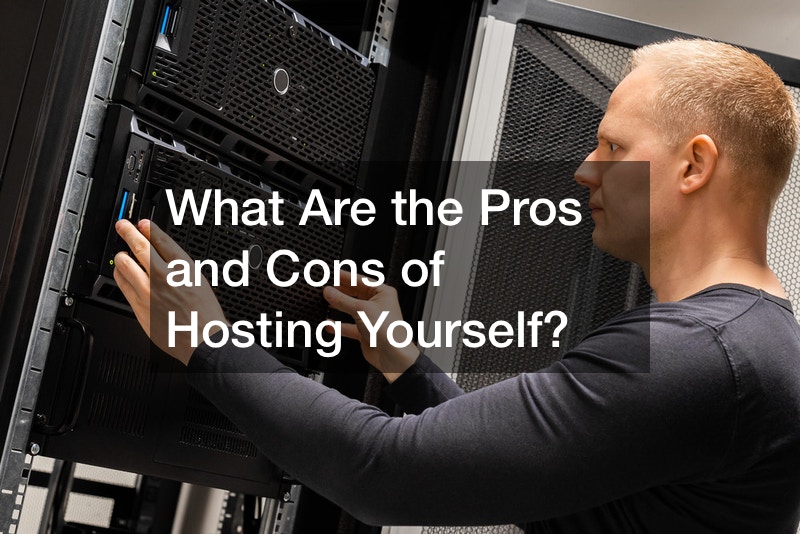
According to statista.com, over five billion people use the internet. Some business owners opt for self-hosting to reach this broad base of clients. Self-hosting is where a person runs their app or website, including setting up the server and networking. They are also responsible for maintenance tasks.
What are the pros and cons of self-hosting?
Pros of Self-Hosting
Privacy
Privacy
According to the narrator in the video, one of the benefits of self-hosting over external server host services is privacy. The person self-hosting isn’t at the mercy of anyone else or sharing a platform with other people, which boosts privacy.
Endless Customization Possibilities
Another benefit of self-hosting is endless customization possibilities. The server owner can host anything and customize hosted items to their liking.
Cons of Self-Hosting
Experience
Self-hosting requires a certain amount of experience, meaning not just anyone can do it. It can be overwhelming, especially if the person is hosting several websites.
Power
When a person is self-hosting and there is a power outage, their server is down, meaning they can’t access what’s on their server. This warrants investing in massive batteries or a generator for backup, which can be expensive.
.





